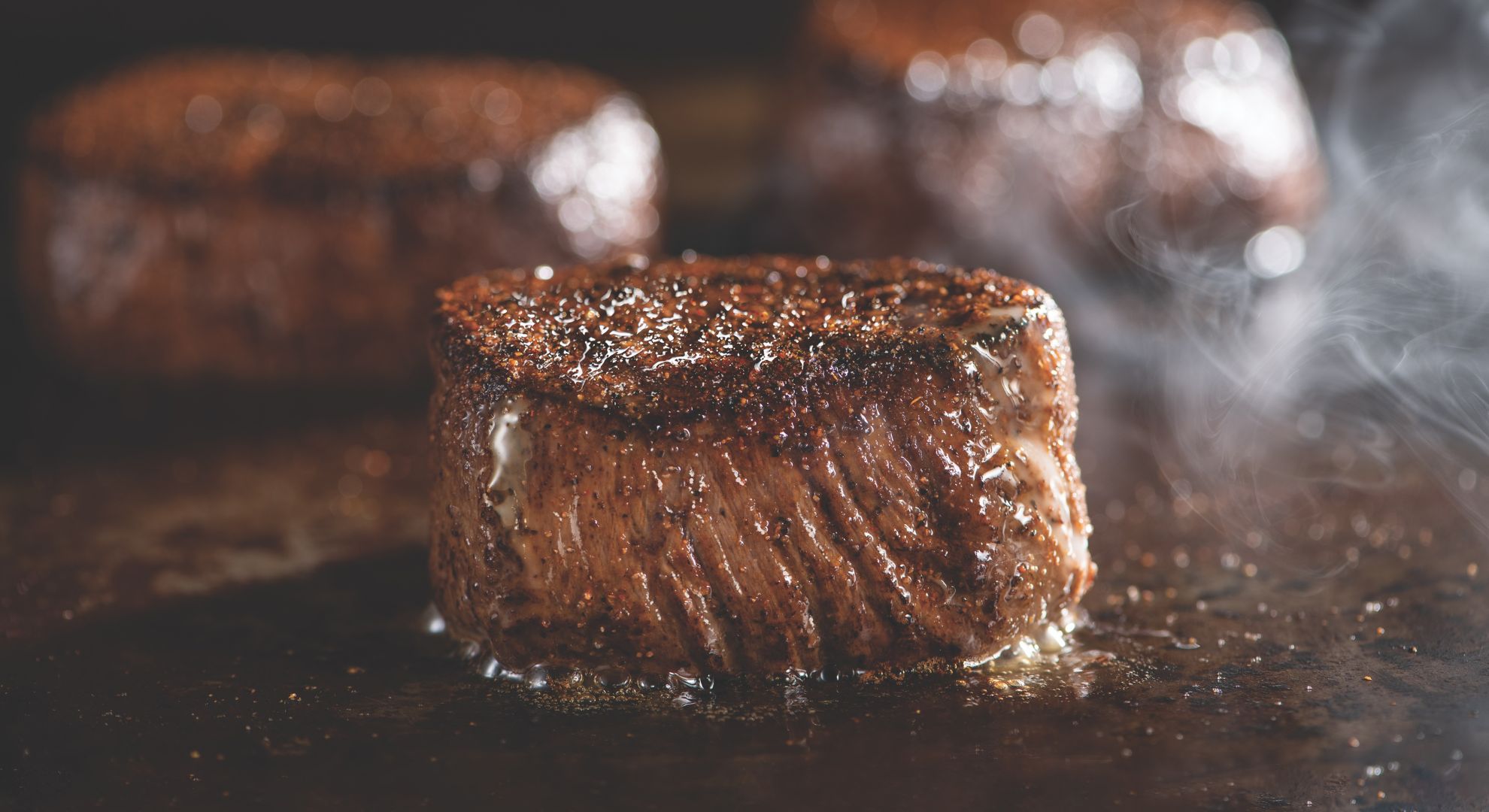
A professor in Canada has teamed up with a brewing company to recreate a fourth-century beer to learn how it was made in the ancient world.
The result was “too sour for me,” said Matt Gibbs, a University of Winnipeg classics professor and expert on Hellenistic and Roman history.
“But that’s part of the experiment: how much have our palates changed over time. Because, for example, there’s sugar in almost everything now.”
Gibbs and Barn Hammer Brewing Company started with a recipe written by an Egyptian alchemist in the 4th century AD, which Gibbs translated from ancient Greek.
They milled barley flour by hand and added water to make sourdough bread. It took a painstaking 18 hours to bake the loaves on very low heat to keep the enzymes in the sourdough alive.
“Modern stoves don’t go down that low, so we kept having to turn it on and off throughout the day to bake the bread at that low temperature,” he told AFP.
The bread was then submerged in a Barn Hammer fermenter. Over a two-week period the beverage went from looking like a “milkshake” to a golden pint.
“It wasn’t that bad, but it also didn’t really taste like beer as most people would describe it,” Barn Hammer co-owner Brian Westcott said in a statement from the Winnipeg brewery.
Gibbs said he was “surprised” that the core beer-making process appears not to have fundamentally changed over the centuries, when compared to modern craft brewing.
The old ways were, however, much more labor intensive and probably required job specialization, he added.
The experiment also bolsters archeological evidence of a link between baking and brewing in ancient times.
“They probably used leftover or old bread to make beer,” he said.
There are no current plans to let curious beer lovers sample the brew.
Gibbs, however, has other plans for the remainder of the small grant, Can$1,500 (US$1,200, about P62,000), which the university provided for his experiment. He now plans to make mead based on a recipe from a 1st century AD Roman senator. AB
RELATED STORIES:
Coca-Cola to launch its first alcoholic drink in Japan
‘Jane Walker’ gets the spotlight in special Black Label bottles













































